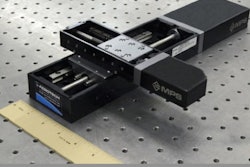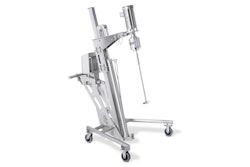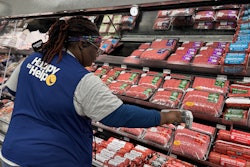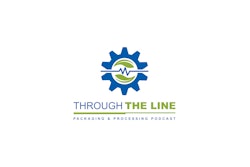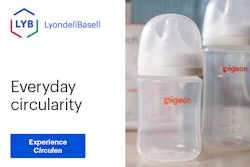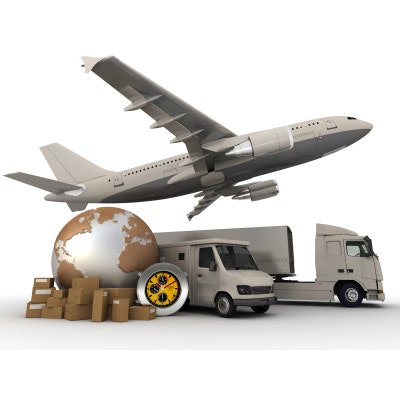
“Terrorists still hate us and want to make us miserable. That’s never going to change.”
Grim as the thought is, it’s a truth expressed by Gary Lupinacci, assistant branch chief, Certified Cargo Screening Program, TSA/TSNM, Department of Homeland Security. “Ensuring the public safety is important, and we appreciate the job you do,” said Lupinacci to the audience at the Sept. 28 9th Annual Cold Chain Temperature Management Global Forum in Philadelphia.
Lupinacci’s address, “U.S. Department Of Homeland Security Requirements For Screening Inbound Cargo And Importation Security Practices” offered a glimpse into the huge challenge in securing shipments entering the U.S. He estimated that 15% of cargo is on passenger aircraft. “The majority is a lot of ugly freight that’s huge in size. The technology just doesn’t exist to screen all cargo.”
He offered the following statements during his presentation:
• The goal of 100% screening of international inbound cargo by end of year is unlikely.
• The Transportation Security Administration does not open cargo. If you’ve noticed a shipment has been opened, it could be the airlines, shipping firm, or freight forwarder inspecting cargo.
• With the huge volumes of cargo shipments, there’s not time for special consideration for temperature-sensitive products.
• TSA works with multiple organizations to inspect international cargo. Among the challenges: Different countries have different review processes and don’t get data to TSA in a timely fashion.
• Aircraft from 94 countries brings in product. Increasing security without impending the free flow of global commerce is tough. • A pilot program called ACAS that collects data and uses a risk-based approach shows promise.
• The Certified Cargo Screening Program is voluntary and there are some 1,200 facilities in the program.
Lupinacci said companies need to prescreen products before they go on an airplane. He praised pharmaceutical firms for working with the FDA at the manufacturing level to make sure products are screened before distribution.
“We want to continue to work with industry on security issues, “ said Lupinaci. “We don’t want to lose a plane.”



